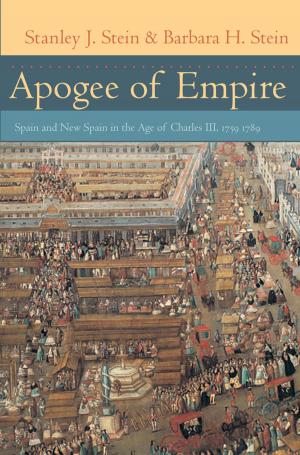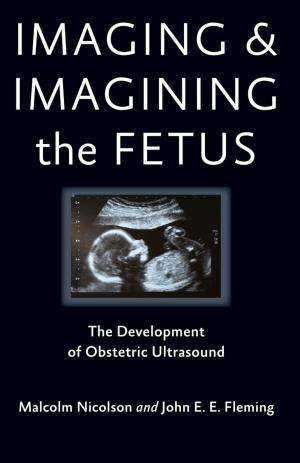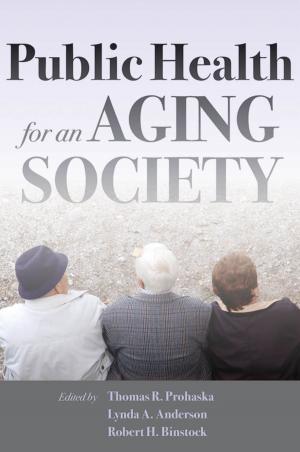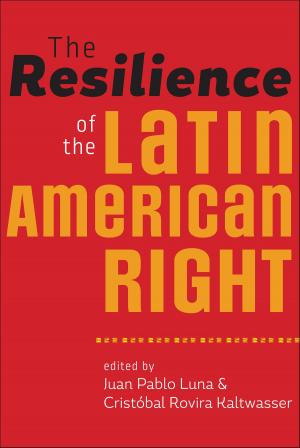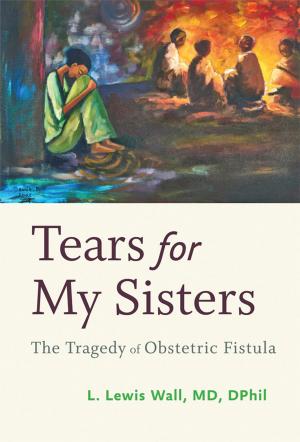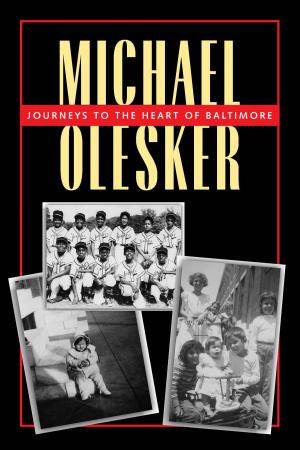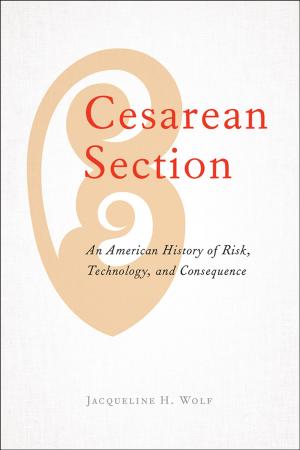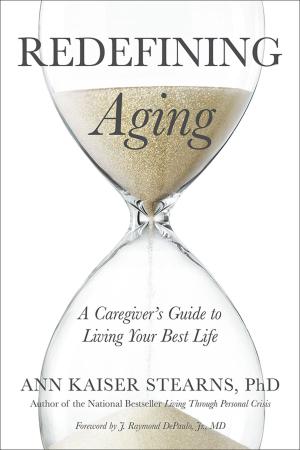Whitman Possessed
Poetry, Sexuality, and Popular Authority
Fiction & Literature, Literary Theory & Criticism, American, Theory| Author: | Mark Maslan | ISBN: | 9780801876462 |
| Publisher: | Johns Hopkins University Press | Publication: | December 15, 2009 |
| Imprint: | Language: | English |
| Author: | Mark Maslan |
| ISBN: | 9780801876462 |
| Publisher: | Johns Hopkins University Press |
| Publication: | December 15, 2009 |
| Imprint: | |
| Language: | English |
Whitman has long been more than a celebrated American author. He has become a kind of hero, whose poetry vindicates beliefs not only about poetry but also about sexuality and power. In Whitman Possessed: Poetry, Sexuality, and Popular Authority, Mark Maslan presents a challenging theory of Whitman's poetics of possession and his understandings of individual and national identity. By reading his works in relation to nineteenth-century theories of sexual desire, poetic inspiration, and political representation, Maslan argues that the disintegration of individuality in Whitman's texts is not meant to undermine cultural hierarchies, but to make poetic and political authority newly viable.
In particular, Maslan explores the social impact of nineteenth-century sexual hygiene literature on Whitman's works. He argues that Whitman developed his ideas about poetry, sexuality, and authority by responding to a prominent argument that desire subjected male bodies to a penetrating and feminizing force. By identifying poetic inspiration with this erotic dynamic, Whitman imbued his poetic voice with a kind of transformative power. Whitman aligned his poetry with an impartial authority hard to find elsewhere and inclined his work as a poet to speak for the voiceless, for the masses, and for an entire nation.
Whitman has long been more than a celebrated American author. He has become a kind of hero, whose poetry vindicates beliefs not only about poetry but also about sexuality and power. In Whitman Possessed: Poetry, Sexuality, and Popular Authority, Mark Maslan presents a challenging theory of Whitman's poetics of possession and his understandings of individual and national identity. By reading his works in relation to nineteenth-century theories of sexual desire, poetic inspiration, and political representation, Maslan argues that the disintegration of individuality in Whitman's texts is not meant to undermine cultural hierarchies, but to make poetic and political authority newly viable.
In particular, Maslan explores the social impact of nineteenth-century sexual hygiene literature on Whitman's works. He argues that Whitman developed his ideas about poetry, sexuality, and authority by responding to a prominent argument that desire subjected male bodies to a penetrating and feminizing force. By identifying poetic inspiration with this erotic dynamic, Whitman imbued his poetic voice with a kind of transformative power. Whitman aligned his poetry with an impartial authority hard to find elsewhere and inclined his work as a poet to speak for the voiceless, for the masses, and for an entire nation.

